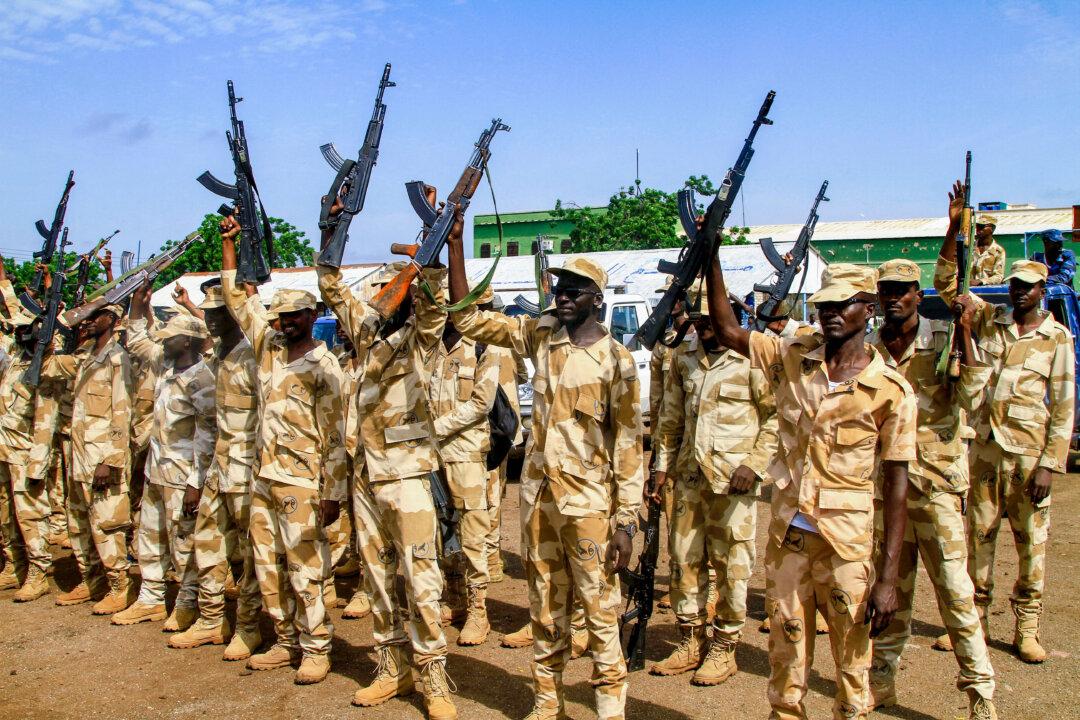Sudan accused the United Arab Emirates on Sept. 11 of providing weapons to Sudan’s rival paramilitary force and prolonging the African nation’s 17-month civil war.
The UAE branded the allegations “utterly false” and “baseless” before accusing the Sudanese government of refusing to negotiate a peace deal.





